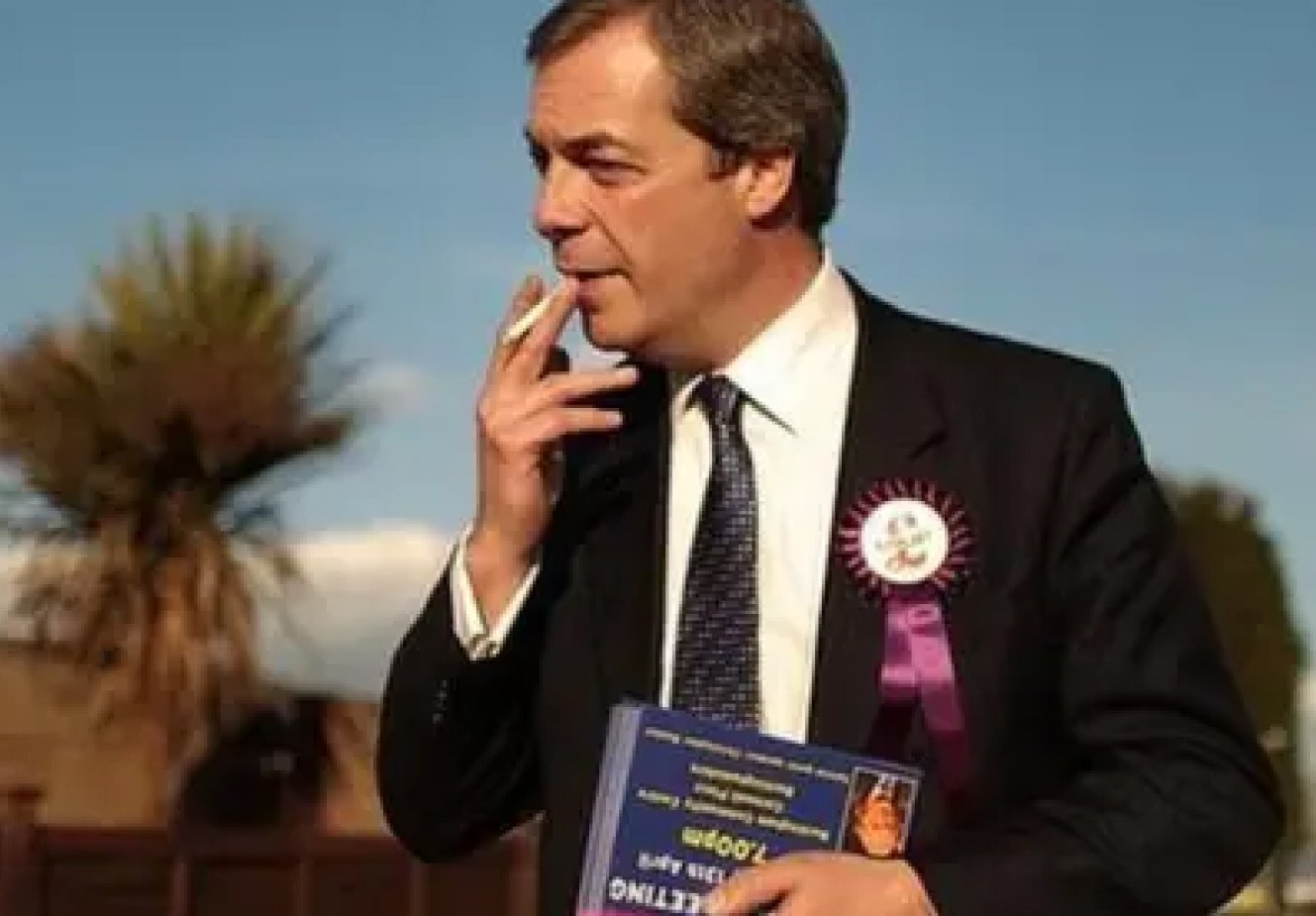
The Man Behind the Megaphone: Unpacking the Significance of ‘Guy Justus Oscar Farage’
In the tumultuous theatre of modern politics, few figures have commanded the stage with the same unapologetic force as Nigel Farage. Love him or loathe him, his name is a political brand in itself—synonymous with Brexit, populist revolt, and a certain pint-in-hand, unvarnished Britishness. But behind the familiar “Nigel Farage” lies a more formal, almost operatic full name: Nigel Guy Justus Oscar Farage.
It’s a name that gives one pause. “Nigel” and “Guy” feel quintessentially, almost stereotypically, English. But “Justus” and “Oscar”? They hint at a different heritage, a continental connection that seems at odds with the image of the man who became the arch-priest of British independence from Europe. This is not just a trivial piece of biographical data. The story of “Guy Justus Oscar Farage” is, in many ways, a microcosm of the complex and often contradictory forces that have shaped modern Europe, and the man who helped redefine its borders.
Deconstructing the Name: A Tale of Two Legacies
Let’s break down this intriguing quartet of names.
- Nigel: Of Irish and English origin, meaning “champion” or “cloud.” It’s a name that peaked in popularity in mid-20th century Britain. It fits the man perfectly—the self-styled champion of the ordinary Briton against the political establishment.
- Guy: Another name of French and English origin, meaning “guide” or “leader.” It reinforces a traditional, almost aristocratic Englishness.
- Justus: This is the first curveball. A name of Latin origin, meaning “just” or “fair.” It is far more common in German and Dutch-speaking countries than in England.
- Oscar: Of Irish and Gaelic origin, meaning “God spear” or “deer-lover.” While it has Celtic roots, it also enjoys widespread popularity across Europe, particularly in Scandinavia.
The immediate juxtaposition is striking. “Nigel Guy” sounds like a character from a P.G. Wodehouse novel, while “Justus Oscar” has a more formal, almost Germanic or Central European ring to it. This is no accident. The name is a direct inheritance, a genealogical footprint that tells a story of migration, war, and the intertwined fates of European families.
The Farage Family History: A German Huguenot Inheritance
The key to unlocking the “Justus Oscar” mystery lies not with Nigel’s immediate paternal line, but with his maternal grandmother. Her name was Justus Oscar Allpass.
The Allpass family were not originally British. They were German Huguenots—Protestants who fled persecution in France in the 17th century and settled in Prussia. The name “Allpass” itself is believed to be of French origin, possibly a corruption of “Alpas” or similar. For generations, the Allpass family lived in Germany, becoming successful wine merchants.
Justus Oscar Allpass was born in the 19th century in Smaldegade, Denmark, highlighting the family’s movement within Northern Europe. In the late 19th century, seeking new opportunities, he emigrated to England, part of a wave of continental Europeans who brought their skills and cultures to British shores. He settled in London and continued in the wine trade, a classic story of immigrant ambition and integration.
He had a daughter, Kathleen Allpass, who would become Nigel Farage’s maternal grandmother. When she had a son (Nigel’s mother), she passed down her own father’s names, “Justus Oscar,” as middle names. This act of naming was a tribute, a way of preserving a familial and cultural link to a past that was rapidly receding into history.
This is the profound irony that lies at the heart of “Guy Justus Oscar Farage.” The man who would later define himself against a German-dominated European Union is, in fact, partly of German descent. His very name carries the legacy of the kind of intra-European migration and cultural blending that his political project, for better or worse, sought to limit.
The Political Persona vs. The Personal History
Nigel Farage has never shied away from his family history. He has often spoken about it, sometimes wielding it as a rhetorical tool. His typical line is to acknowledge his German heritage before pivoting to a staunch declaration of his British identity. He embodies, he argues, the successful assimilation of immigrants who come to Britain, embrace its culture, and identify fully as British. In his view, this contrasts with modern models of multiculturalism, which he suggests can lead to segregated communities.
This narrative is central to understanding the Farage phenomenon. He is not a “little Englander” in the pure, insular sense. His own identity is proof that Britain has always been influenced by and connected to Europe. His argument was never about racial purity—a charge often levelled unfairly by his most vehement critics—but about political sovereignty and the scale of governance. He saw the European Union not as a partnership of nations, but as an emerging superstate that eroded national democracy and identity.
Therefore, the name “Guy Justus Oscar Farage” is not a hypocrisy to be exposed, but a complexity to be understood. It represents the very tension he sought to resolve: how can nations be open, trading partners and allies with their neighbours, while retaining ultimate control over their own laws, borders, and destiny?
A Name for a Political Fighter
There’s another way to look at these names, divorced from their historical origin. Phonetically and symbolically, they are remarkably fitting for a political pugilist.
- Justus: “The Just.” This frames his entire political crusade not as mere xenophobia or isolationism, but as a fight for fairness—fairness for the British people against an unaccountable Brussels bureaucracy, fairness for the overlooked voter against the metropolitan elite. Whether you agree with this assessment is beside the point; it is the mantle he has always claimed.
- Oscar: While meaning “deer-lover” is less combative, the “God spear” interpretation carries a martial, decisive energy. It evokes an image of a warrior, which aligns perfectly with his self-conception as a man who took on the entire British and European political establishment and, against all odds, won.
In this light, “Nigel Guy Justus Oscar Farage” is not a contradictory label but a complete one. It’s the name of a man who sees himself as a Just Champion, guiding his people with the spear of truth.
Conclusion: More Than Just a Name
The curiosity of “guy justus oscar farage” is far more than a piece of political trivia. It is a portal into the deeper currents of 20th and 21st-century European history. It speaks to:
- The Reality of European Interconnection: Long before the EU, Europeans were moving, marrying, and merging their cultures. Farage’s own bloodline is testament to this.
- The Complexity of Identity: Identity is not a simple matter of bloodline. It is chosen, felt, and fought for. Farage’s passionate British nationalism, despite his German ancestry, proves that national identity is a powerful political and cultural force.
- The Power of Narrative: Farage successfully wove his personal history into his political narrative, using it to argue for a specific model of immigration and assimilation based on a shared national culture.



















